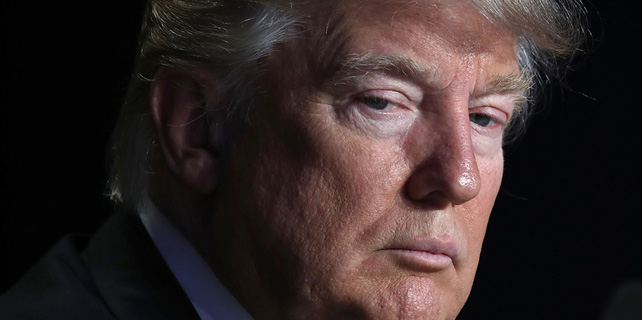Steps will boost role of private investment
 |
|
Students get new books at Fenghua Primary School in Bozhou, East China's Anhui province, Feb 13, 2017.[Photo/Xinhua] |
China will widen market access to medical care, education, care for the elderly, culture, sports and other social sectors with new policies to enable a bigger role for private investment.
The measures, which will be issued soon, were approved on Wednesday at a State Council executive meeting presided over by Premier Li Keqiang.
Last year saw China continue its efforts to boost private investment. The new policies are the latest push to channel investments to sectors where new economic drivers are burgeoning.
More private investment in the education, medical care, sports, culture and entertainment sectors will greatly diversify services, which are also part of the country's supply-side economic reform.
"China's economic and social development is still progressing unevenly, with weak links mainly in areas like the service sector," Li said. "It is necessary to boost development from the supply side in order to meet growing public demand."
He emphasized that the country has huge potential for investment in the social sectors.
A set of supportive policies will come out to boost investment in these sectors, it was decided at the meeting.
Private investors will be encouraged to work with government agencies in the areas of medical care, nursing homes for the elderly, education, culture and sports. Additionally, administrative services will be streamlined.
Public-private partnership will be widely encouraged, the meeting decided. The government also encourages setting up investment funds based on private investment.
Moreover, financing channels will be provided to help micro and small businesses to invest in these sectors.
The government also wants stronger protection of intellectual property rights as well as a more comprehensive risk-control system compatible with great openness, the meeting decided. Favorable policy on land use and relaxed taxation for private investors will be put in place.
The Internet Plus strategy will be widely applied in medical care, nursing homes and tourism to balance information sharing and credit ratings.
Non-basic services that are still controlled by the government need to be opened to private investment, Li emphasized.
He said the government should attain a better balance between power delegation and regulation, with an open mind. The threshold may be lowered, but the market should still function in an orderly manner, he added.
"Areas with the most pressing demand and under the most focused attention should be prioritized to deliver tangible results," Li said.
Many people in urban and rural areas alike have increasingly diversified demands for sports, education and leisure as the country enters an era of medium and high income, said Ma Baocheng, a professor of public management at the Chinese Academy of Governance.
One example is the lack of sports facilities in major cities such as Beijing, where many basketball fans find it hard to book an indoor court.
The government alone cannot provide all services, and simplified approval processes will be urgently needed to attract private capital when the threshold is lowered, Ma said.
"When market access is expanded, companies will find their particular interests and make their investment decisions catering to consumers. By doing so, the public will have more enjoyable lives in their spare time."









